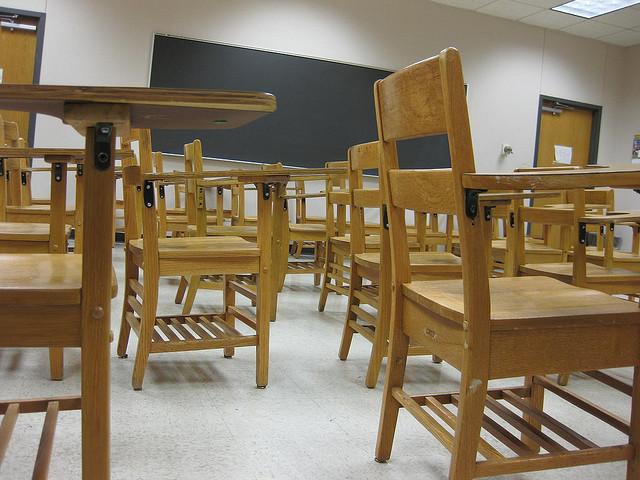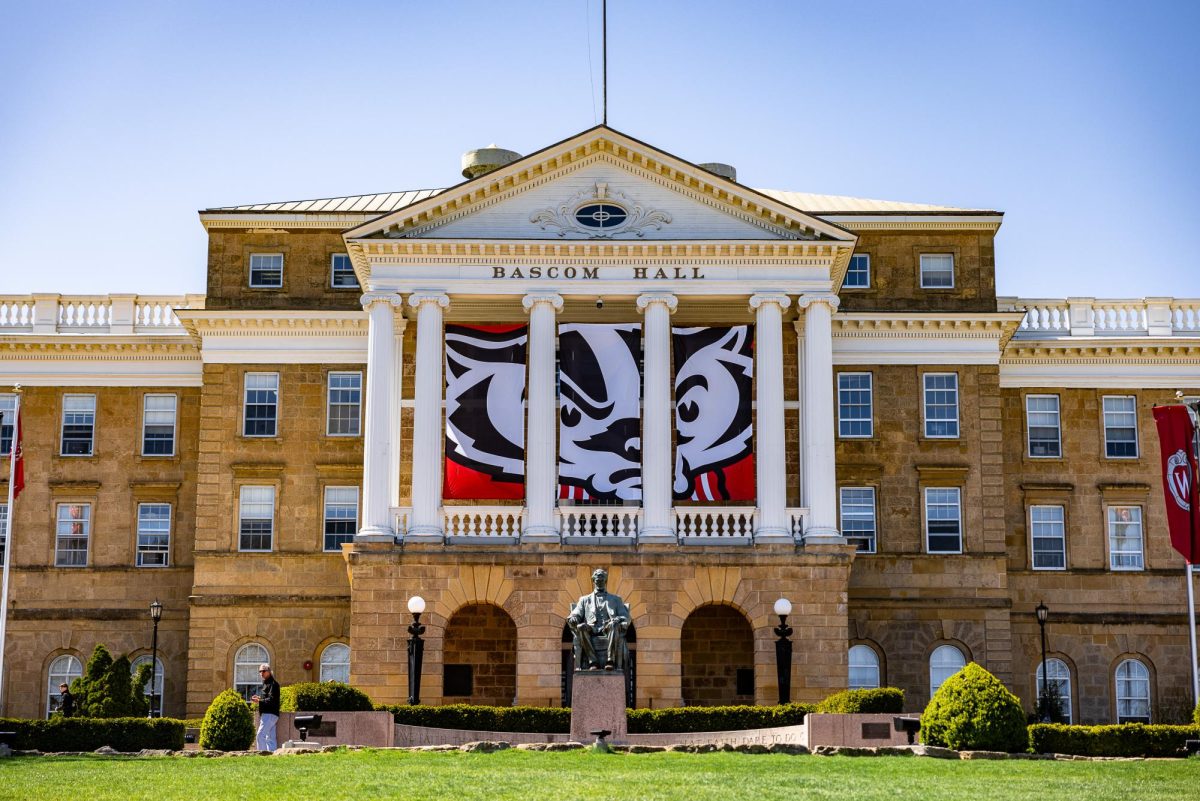Starting in February, changes to the open enrollment law in the biennium budget will go into effect, allowing children with disabilities to seek open enrollment in public K-12 Wisconsin schools.
Open enrollment means students can study in a public school outside of their district, Joanne Juhnke, policy director for Wisconsin Family Ties, said. If a student chooses to open enroll, their home district still pays for them, Juhnke said. She said open enrollment was problematic for students with disabilities as they usually require more funding to cover individualized education plans.
Under a policy called the undue financial burden policy, the public school district could prevent a student from transferring to another district if it was too costly for the home district, Juhnke said. This was usually the case for children with disabilities until the open enrollment law was changed to remove the undue financial burden policy.
“This [undue financial burden policy] is a barrier specific to students with special needs,” Juhnke said.
Open enrollment is useful when a student cannot find the right fit in their current district but could transfer to another school to meet their needs, Juhnke said. There is a set time frame during which open enrollment occurs. This year, it is between Feb. 1 and April 29, Juhnke said.
Kristin Kirschensteiner, co-chair of the Survival Coalition of Wisconsin Disability Organizations, said Wisconsin is severely underfunded when it comes to special education. The state only reimburses about 26 percent of the cost that public school districts put into their students. This makes it even more difficult for public school districts to set aside money for special education.
“[The change in the open enrollment law] gave us a lot more options for finding the best fit for a child in the special education system because right now it is likely in most cases that kids in special education are going to cost more than general ed kids,” Kerschensteiner said.
Individuals with Disabilities Education Act, a federal law that states students have the right to free public education regardless of ability or disability, covers students in public school districts, Juhnke said.
According to Juhnke, schools will be given an average of $12,000 to provide for a student receiving special education. Kerschensteiner said the Legislature added an extra $5 million that will reimburse school districts up to 70 percent of their investment in special education.
“This [change in open enrollment law] would be helpful for students with disabilities, who might have been unfairly shut out of the process before, to now have more opportunities,” Juhnke said.



















